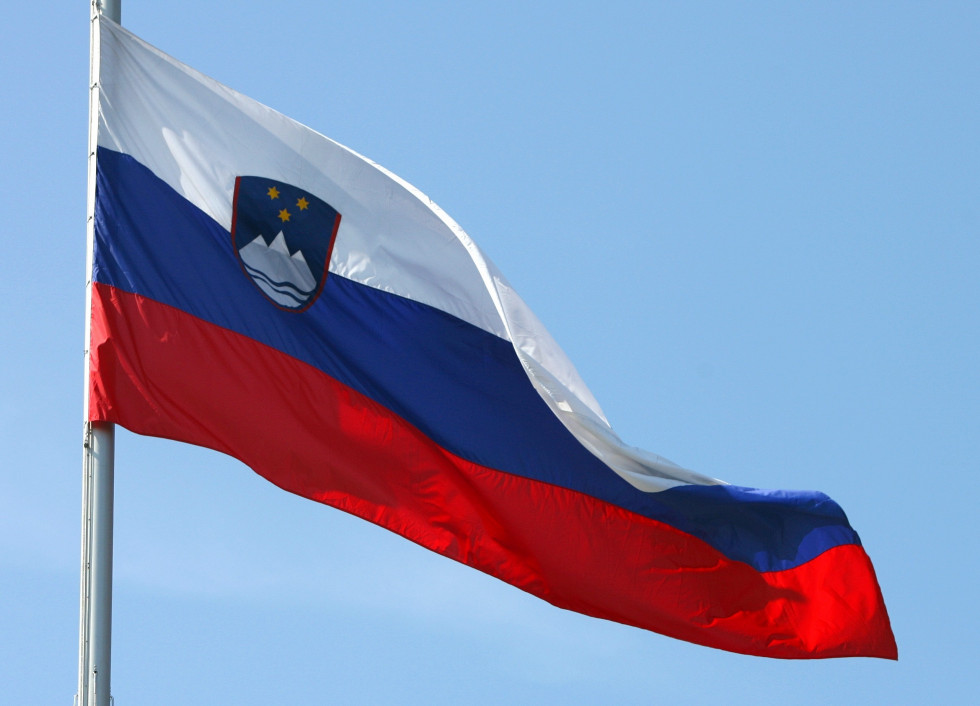Standard & Poor's confirms Slovenia's credit rating
This year, the projections for Slovenian, European and other global economies have deteriorated due to the COVID-19 pandemic. According to the agency, Slovenia has built a strong position over the past decade of successful economic growth, private sector deleveraging and reducing the public debt-to-GDP ratio, which enables the country to successfully combat the negative consequences of the pandemic without a long-term negative impact on its rating.
Strong economic growth in Slovenia combined with a high balance of payments surplus in recent years has had a favourable impact on the reduction in net external debt from 40% of GDP in 2012 to 10% in 2019. In addition, economic growth was balanced, thus not leading to macroeconomic imbalances. Considering all these factors, Slovenia entered this year’s economic recession much stronger than the economic crisis of 2008/2009. The agency is also convinced that the effective response of the Slovenian government together with the ECB's monetary policy maintains the productive capacity of the Slovenian economy; the agency expects the Slovenian economy to start recovering towards the end of the year.
The current credit rating of the Republic of Slovenia reflects a high GDP per capita and its membership in the Economic and Monetary Union. Furthermore, the agency estimates that the balance of payments will continue to show a surplus, while public debt will once again start to decline in 2021. The rating also recognises the stable and effective institutional framework of the Republic of Slovenia.
In short, by confirming Slovenia's credit rating, the agency expects negative economic growth this year, but indicates a positive turnaround as early as next year. The new government, which has been in power since March, will remain focused on limiting the negative economic consequences of the pandemic. In addition, the fiscal response of the government will help mitigate the unfavourable effects of the pandemic on the labour market and entrepreneurship.
Slovenia climbs two spots to 35th in world competitiveness ranking
Slovenia has risen two rungs in the latest IMD World Competitiveness Ranking to 35th among 63 countries, due to improvements in business and government efficiency, while sliding back in terms of economic performance over 2019.
The survey, compiled by the Swiss-based International Institute for Management Development, is largely based on statistical data from 2019 and previous years, and partly on a survey conducted among managers in March and April 2020.
Slovenia lost three spots to 36th in terms of economic performance, but gained one spot to 38th in government efficiency and one spot to 39th in business efficiency, while losing two spots to 29th in terms of infrastructure.

